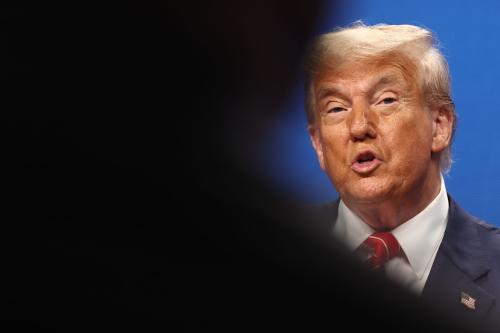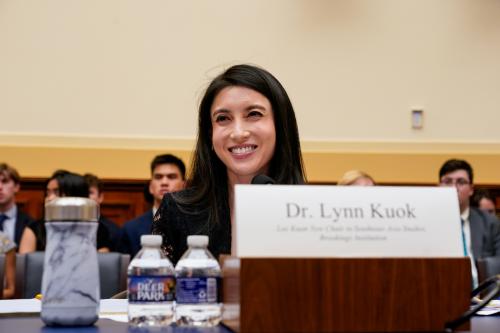Abstract: This article offers an assessment of cross-Strait relations almost 30 months into the Ma Ying-jeou administration, and two years before Hu Jintao likely will begin to give up the titles that make him China’s paramount leader. The article briefly describes the essential character of cross-Strait relations before President Ma came to office; reviews what has happened during his administration; clarifies what this process represents; examines what might happen in the future, and concludes with implications for other countries — particularly the United States.
Before 2008
The current improvement of cross-Strait ties followed 15 years of deterioration in relations, which occurred in spite of growing economic interdependence. In the early 1990s, there were some hopes for a political reconciliation, but the two sides could not overcome a series of misunderstandings and differences over expectations and objectives. Politics in China and Taiwan only aggravated those problems.
Increasingly, each side feared that the other was going to challenge its fundamental interests. Beijing worried that Taipei would close the door on its goal of unification. Taipei feared that Beijing would constrain it to the point that negotiations on China’s terms would become inevitable. Each side took measures to protect its interests: Taiwan asserted its claim of sovereignty and sought to expand its international space; Beijing built up its military capabilities and imposed a diplomatic quarantine on Taipei. This deepening spiral of mutual fear was played out in a series of episodes: Lee Teng-hui’s 1995 visit to the United States; his ‘‘two-state theory’’ of 1999; China’s response to the election of Chen Shui-bian; Chen’s proposals in the 2004 and 2008 presidential election campaign, among other events.
These episodes led Washington to worry that the two sides would ignore its appeals for restraint and miscalculate themselves into a conflict, which then might entrap the United States in a war with China. It, therefore, employed an approach of ‘‘dual deterrence,’’ conveying both warnings and reassurance to Beijing and Taipei.
So, for more than a decade before May 2008, the story was one of a corrosive political dynamic dominated by deepening mutual suspicion and aggravated by misperceptions and politics. Despite the promise of cross-Strait cooperation, and despite the U.S. desire to have good relations with both, Beijing and Taipei acted on the basis of their fears rather than their hopes.
The Brookings Institution is committed to quality, independence, and impact.
We are supported by a diverse array of funders. In line with our values and policies, each Brookings publication represents the sole views of its author(s).



Commentary
Taiwan and East Asian Security
May 6, 2011